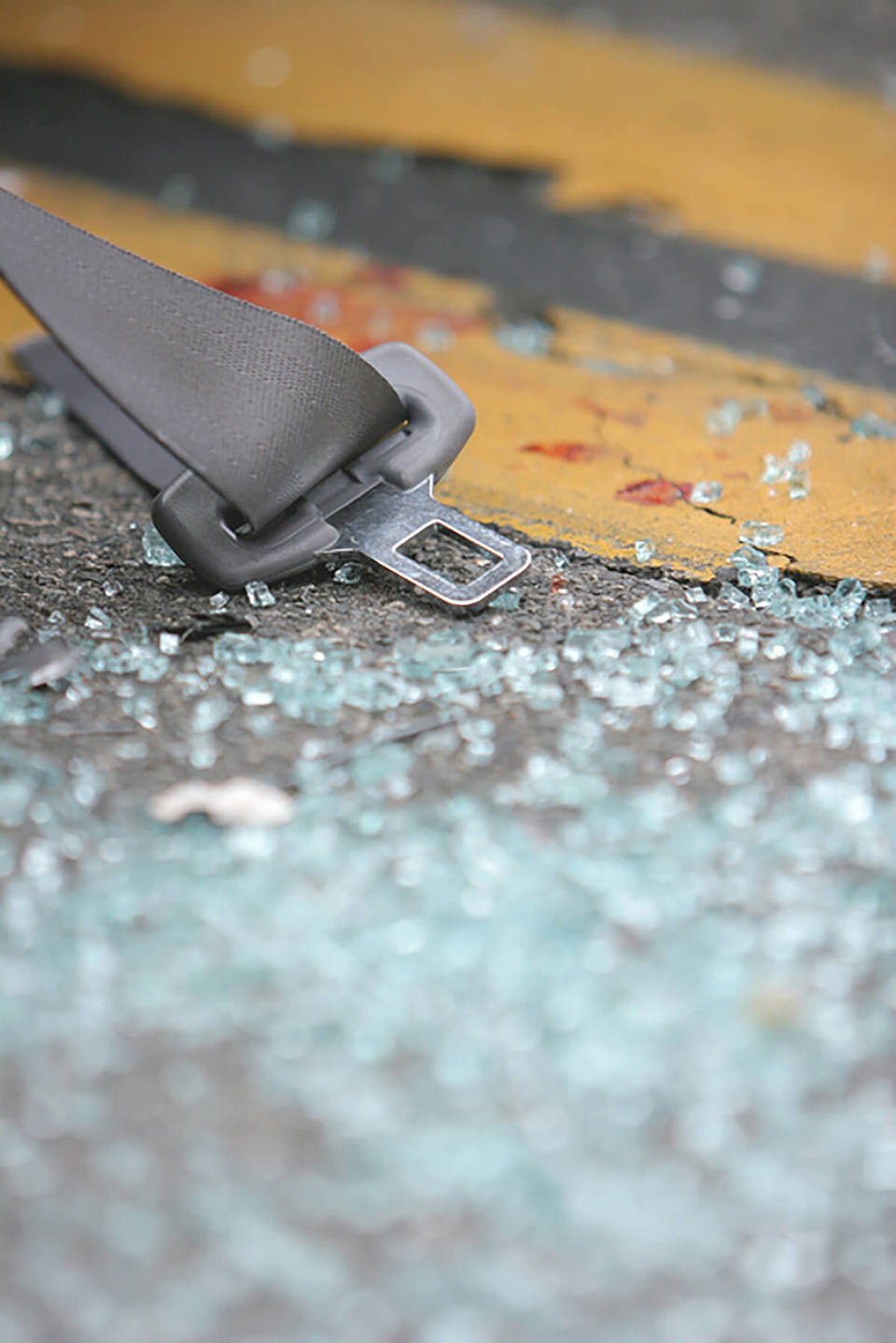The number of motorists injured in road crashes while driving for work is far higher than Government figures suggest.
According to a new report from the Public Accounts Committee, which investigated road safety, the true figure of those injured in road crashes last year was closer to 800,000 rather than the 230,000 the Government said.
“The Department for Transport has now identified the scale of the mismatch: some 230,000 casualties were reported to the police in 2008 against an estimated true figure of around 800,000,” explained the committee chairman Edward Leigh.
Using the accepted estimate that between one-third and one-quarter of all road crashes involves an at-work driver, it means that as many as a quarter-of-a-million at-work drivers may be being injured on the roads every year.
Road safety experts, such as Dr Will Murray, suggest the figure could be less, but would still mean close to 120,000 at-work drivers are injured on our roads every year.
The Government currently uses data collected by the police to ascertain how many people are injured and killed on the roads. But not all accidents are recorded by the police and there are also concerns that the police reporting system is unreliable.
“We have purpose of journey data since 2005, but in 70% of cases the police record it as unknown,” explains Dr Murray. “It’s getting better year on year, but more police training is required.”
Campaigners say hospital records and insurance claim records give a more accurate indicator of the scale of road injuries. But there is another way to accurately identify how many crashes involve at-work drivers.
The Royal Society for the Prevention of Accidents (RoSPA) is campaigning for all crashes involving a driver who was working at the time to be reported as an at-work accident.
The revelation that so many crashes are going unreported gives strength to RoSPA’s call that all crashes and resulting injuries sustained by business motorists should be documented and reported to the Health and Safety Executive (HSE) under its RIDDOR system - the mandatory recording of workplace accidents.
“It would be ideal to have these reported under RIDDOR,” said Kevin Clinton, RoSPA head of road safety.
“Reporting would focus company directors’ attention to the risk of driving while at work. At present there is no link with a crash and the driver being at work. Reporting would be a very powerful tool to make that link.”
He said if fleets were obliged to report all crashes involving their at-work drivers, it would “soon focus the attention of employers and make managing road risk the priority it needs to be”.
RoSPA’s call has been picked up by other road safety associations.
“We would of course like to see such crashes reported under RIDDOR,” said RoadSafe director Adrian Walsh, who points out that good fleet management policies will already have robust crash reporting in place.
This means reporting under RIDDOR should involve little or no more work but will result in accurate statistics for the first time.
“Good policies report all crashes and near misses - but most importantly they are about risk management - i.e. to stop accidents not just report them,” said Walsh.
“Managing a driving for work policy is a legal requirement under health and safety legislation and road traffic law.”
Similarly, Brake and the Fleet Safety Forum believe that crashes involving at-work drivers should be reported to the HSE under RIDDOR.
“It’s ridiculous that there’s a law there to protect people from being injured or killed while at work, but that it purposely excludes the biggest cause of death and injury at work: driving,” explained Roz Cumming, Fleet Safety Forum manager.
She added: “The publication of this report provides another reason to act, and Brake calls on the Government to acknowledge the scale of the problem relating to at-work driving, to invest more money in encouraging best practice, e.g. through its Think! Campaign, and work closely with other organisations like ourselves and others within the Occupational Road Safety Alliance (ORSA).”
There are however no plans to make road crashes reportable under RIDDOR, which leaves the DfT to match hospital data with the police data.
“We have always been clear that the police statistics do not provide a complete count of non-fatal road casualties,” said a DfT spokesperson.
“However, they remain the most detailed and complete source of data, providing reliable information to monitor progress and target further road safety improvements.”
What you should be doing
Fleet managers need to manage the safety of their drivers for a range of societal, legal and business reasons.
Reviewing where they are now using a freely available tool, such as the 10 question fleet audit at www.fleetsafetybenchmarking.net, is the starting point.
In terms of accurate reporting fleet managers need to incentivise people to report honestly, put in place clearer instructions and systems for reporting – and begin to use the data to manage risk.
There are free tools for this available from the government – just search for CoVIR Report 31.
Dr Will Murray














Login to comment
Comments
No comments have been made yet.